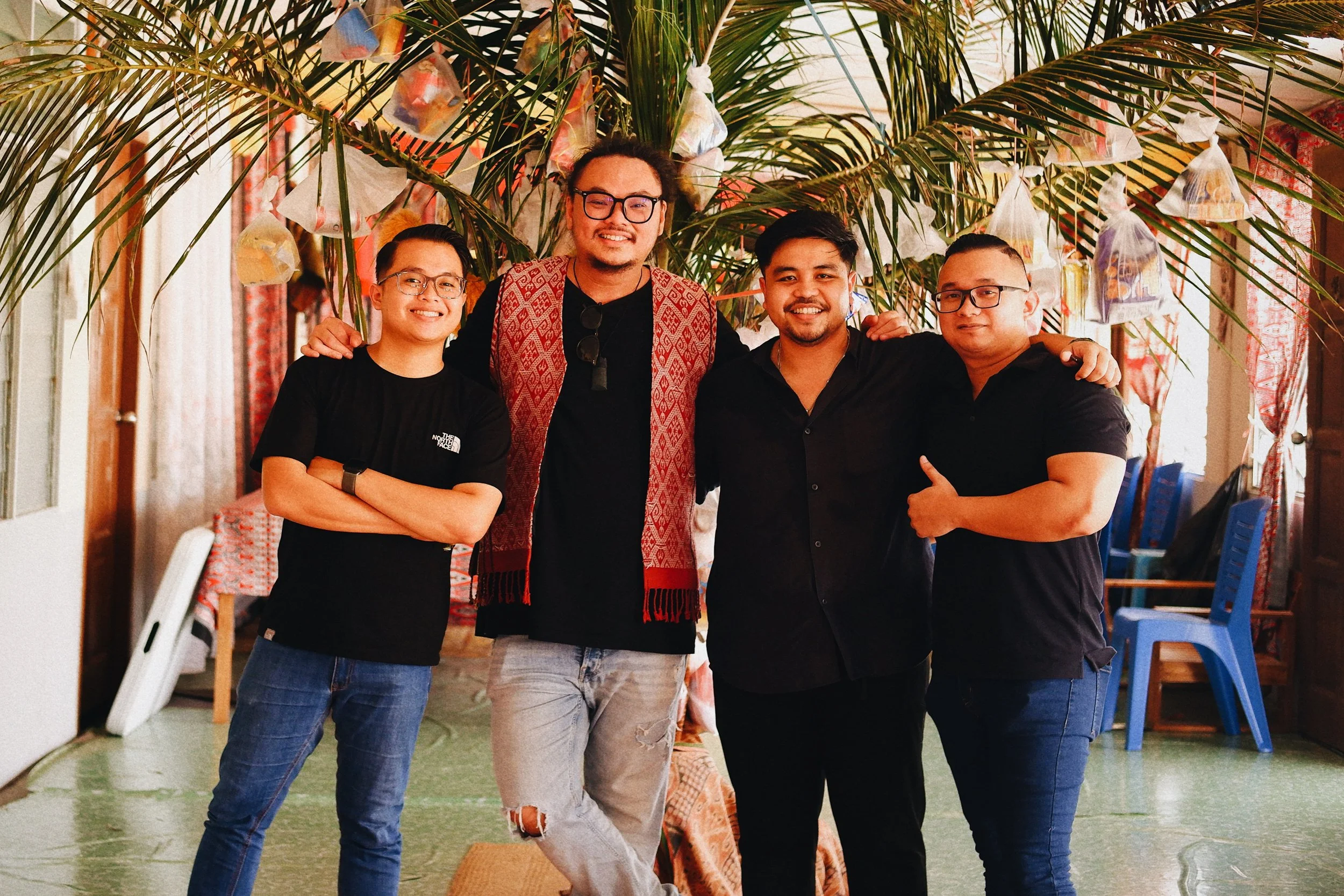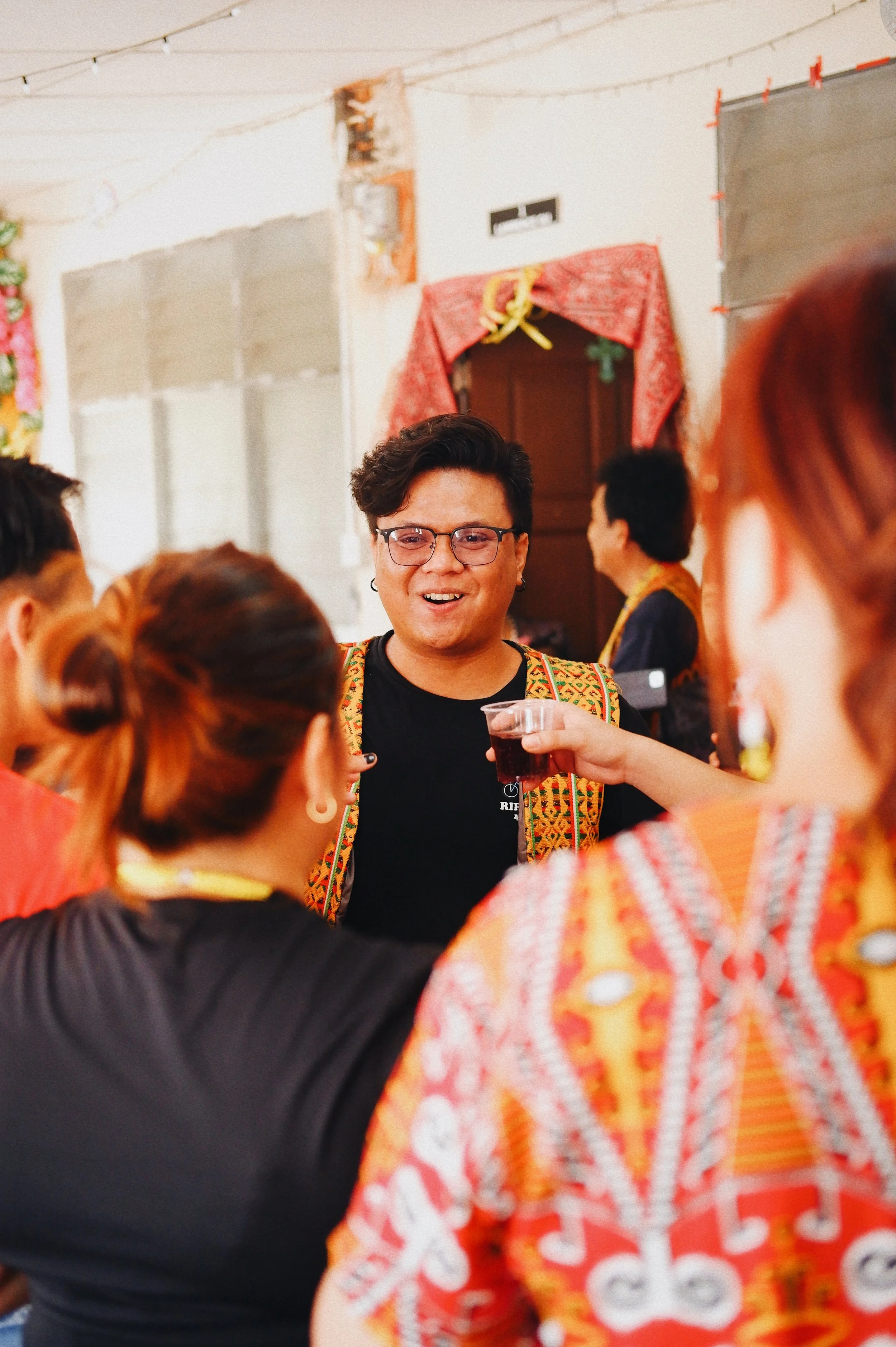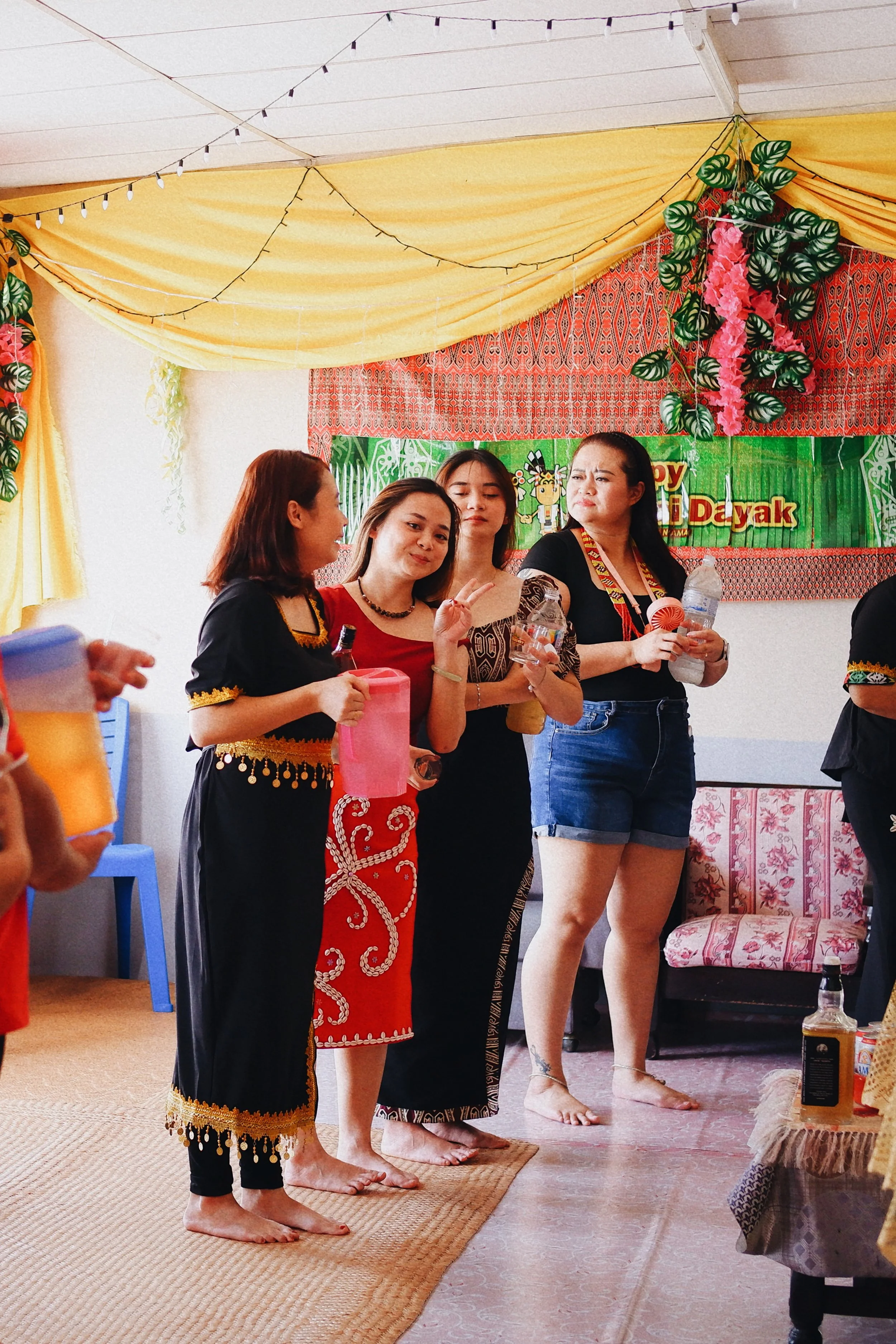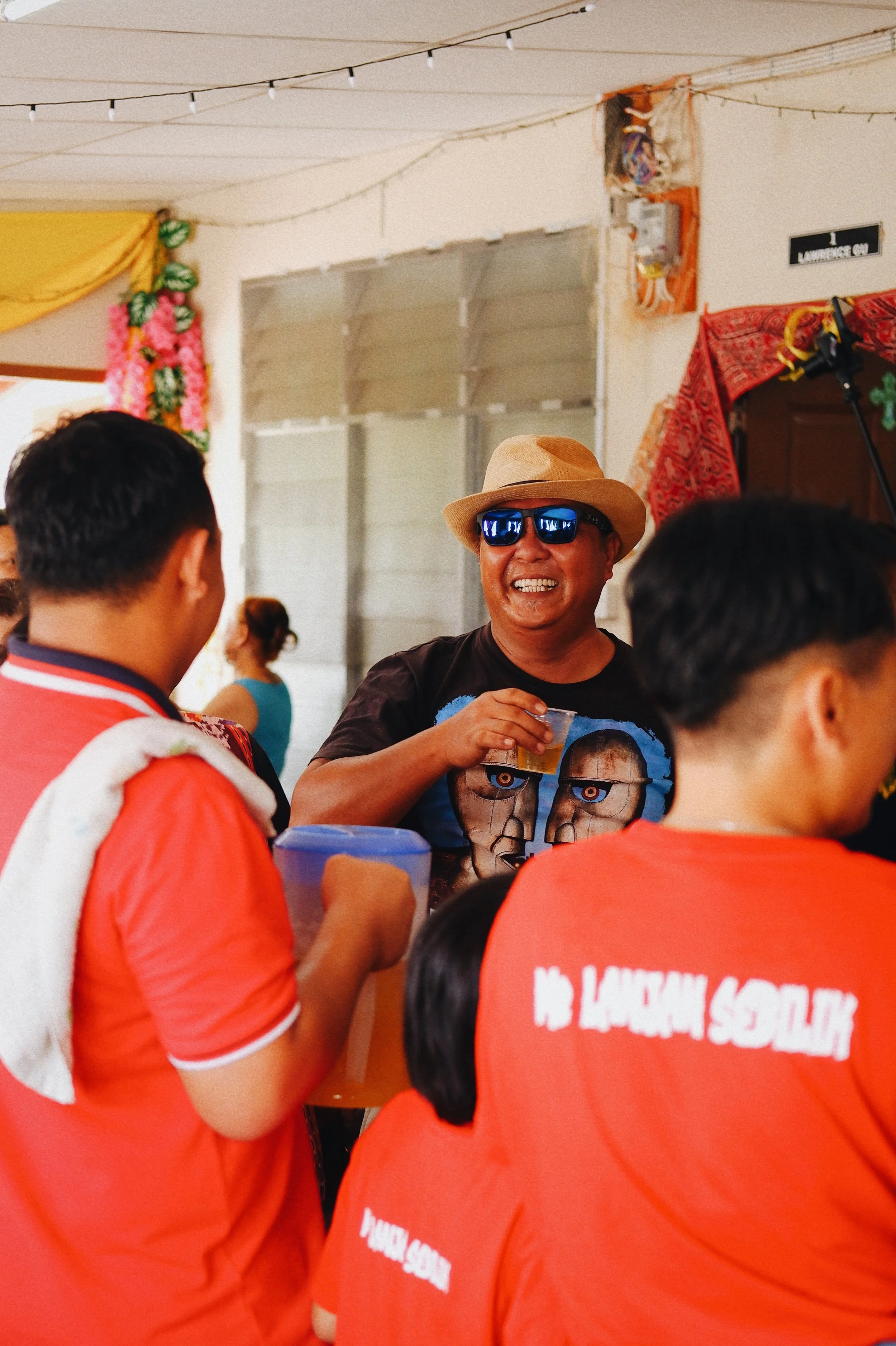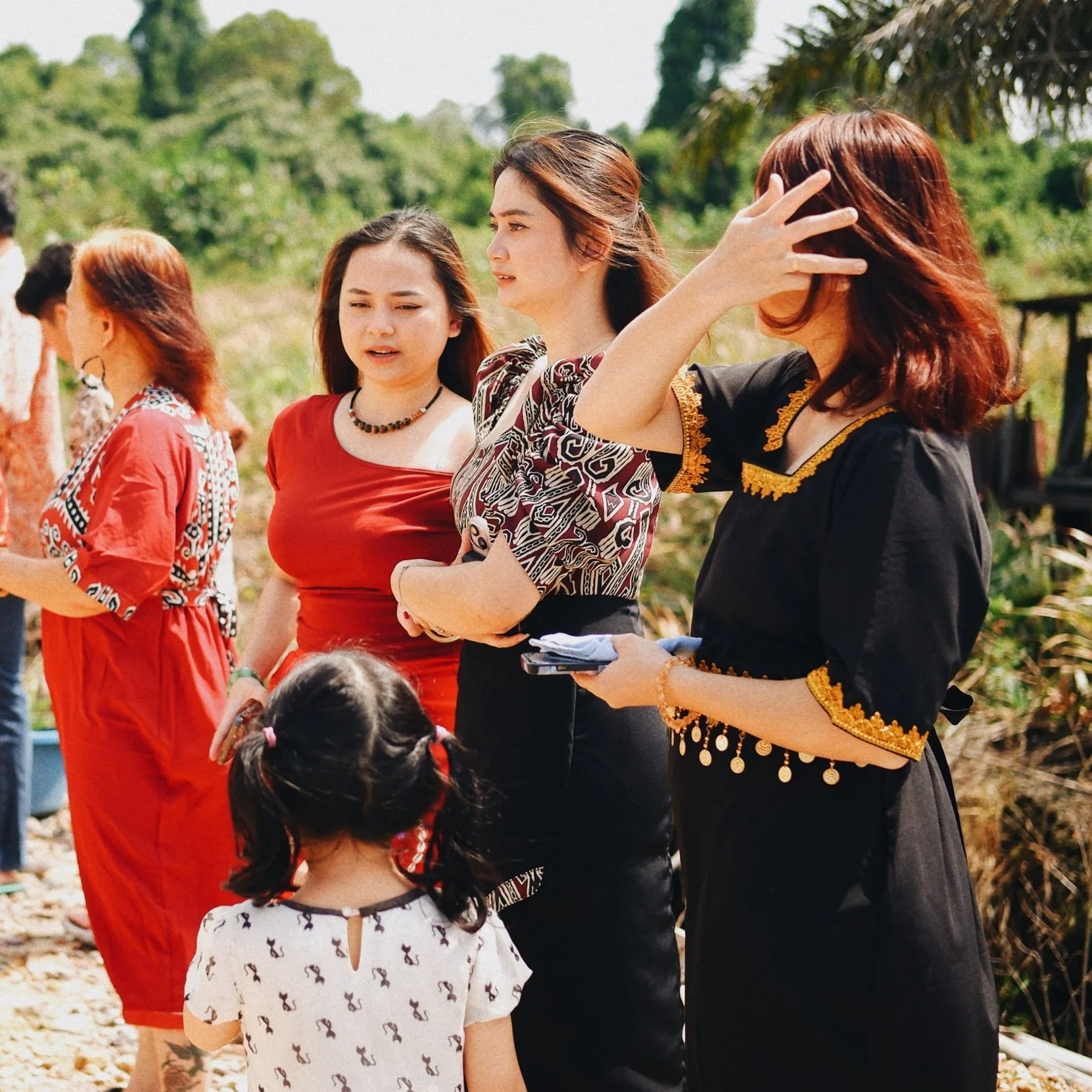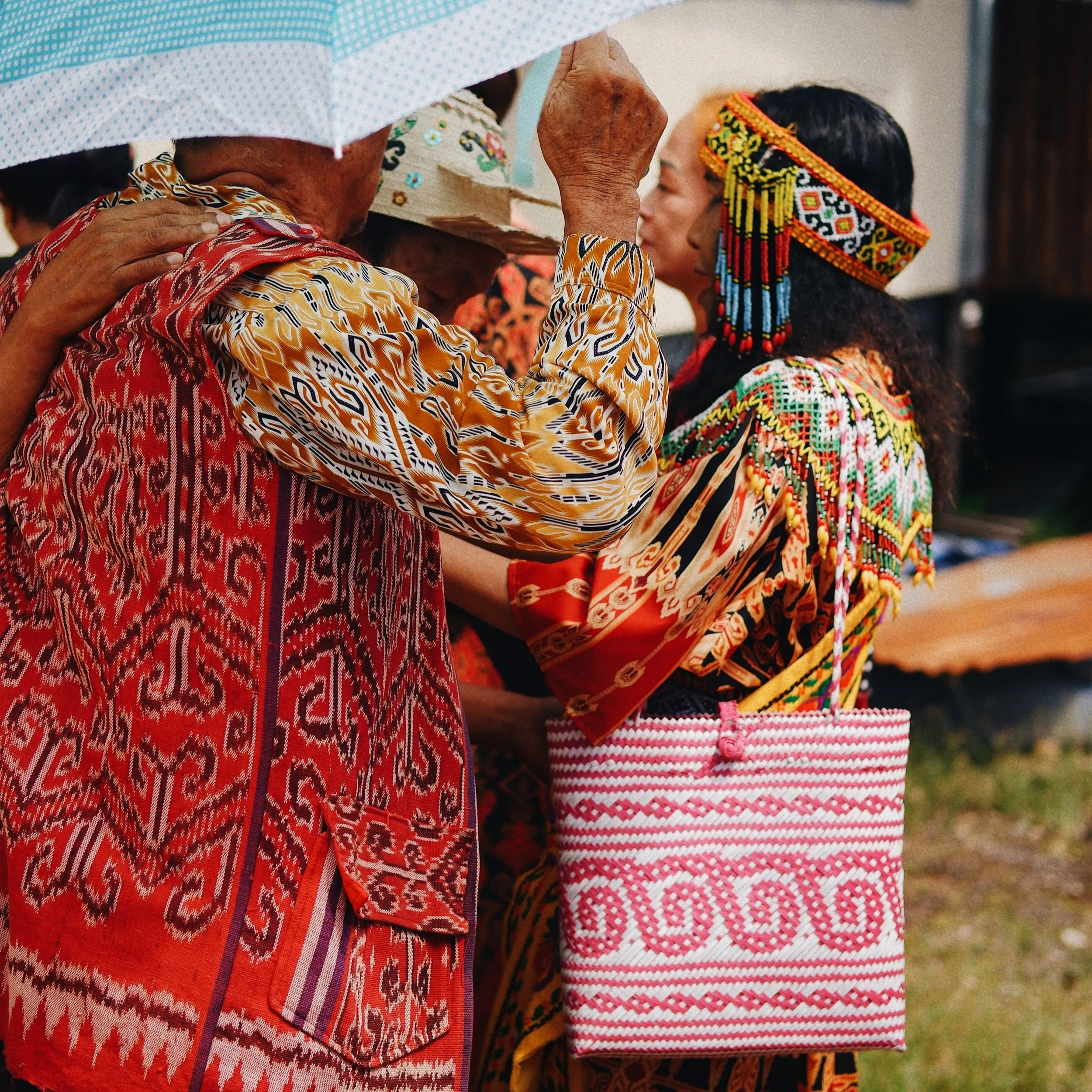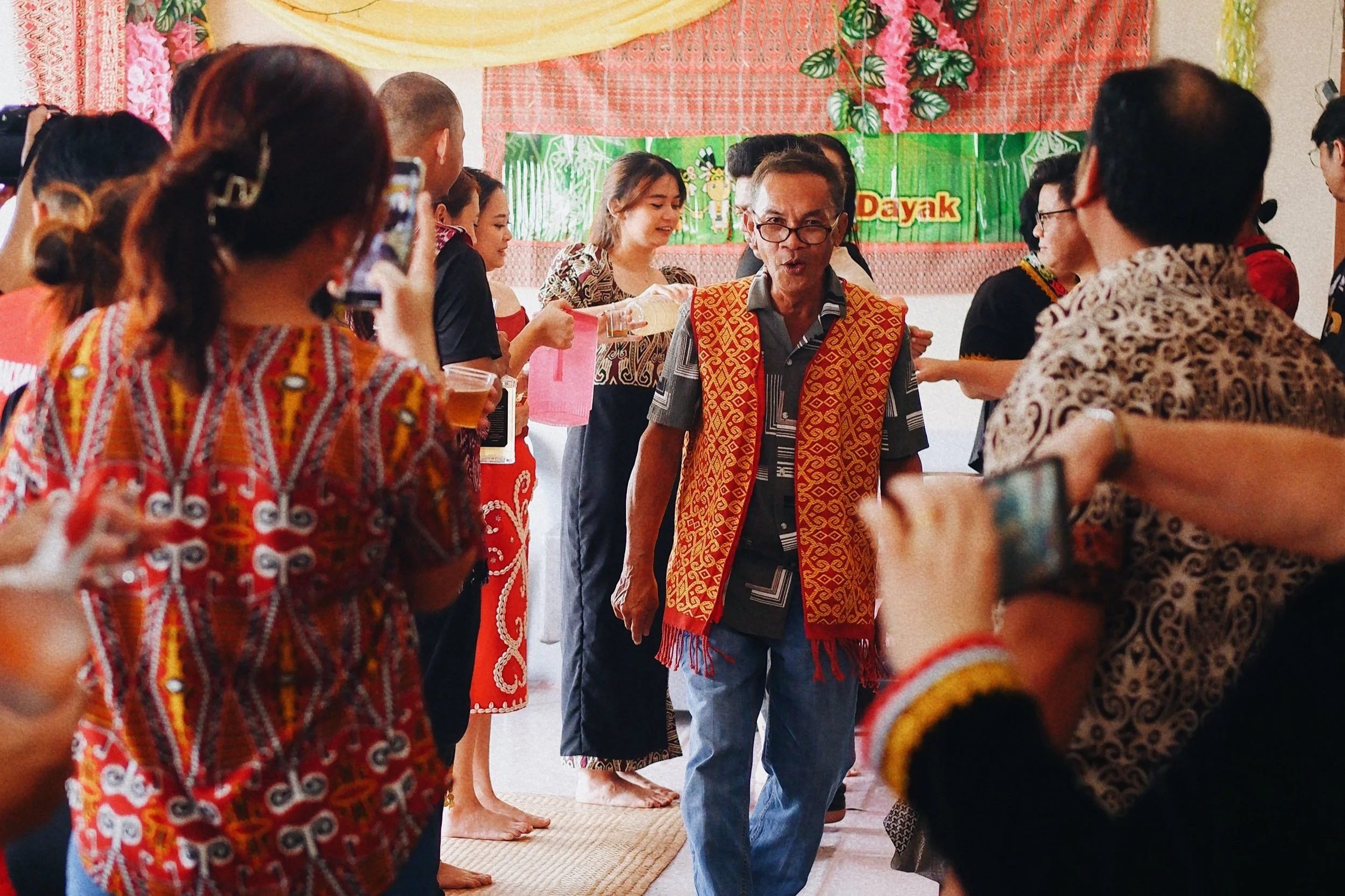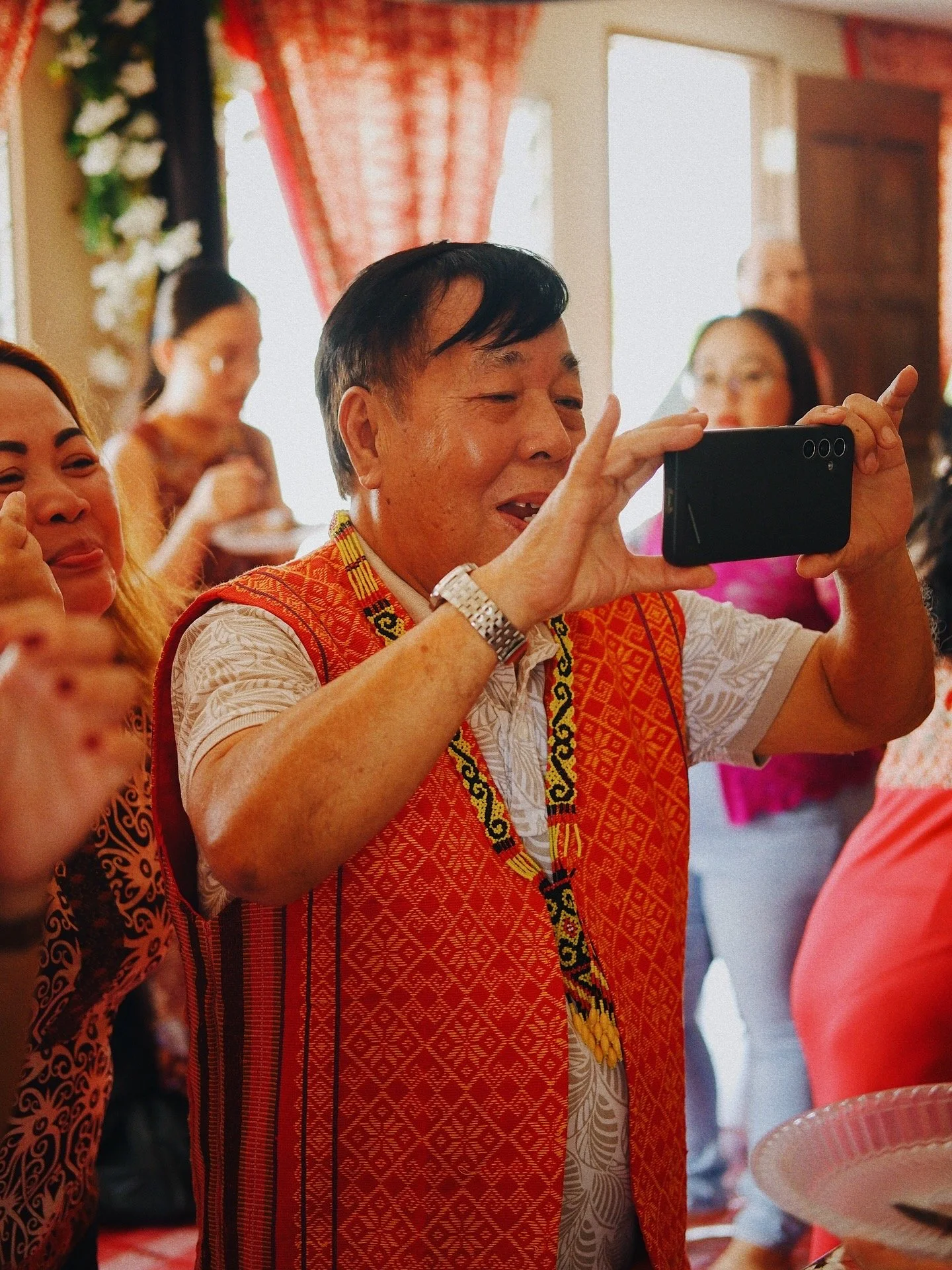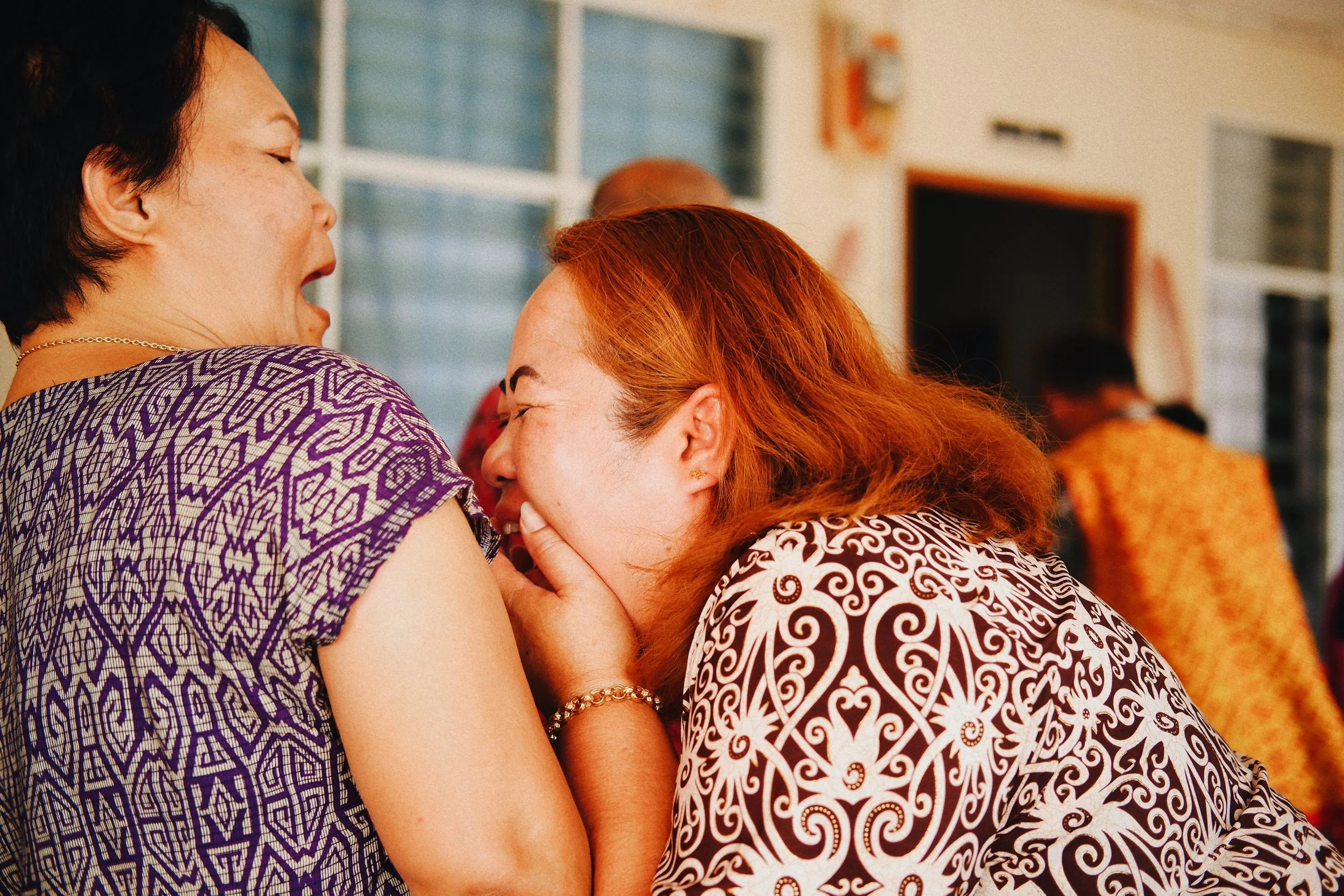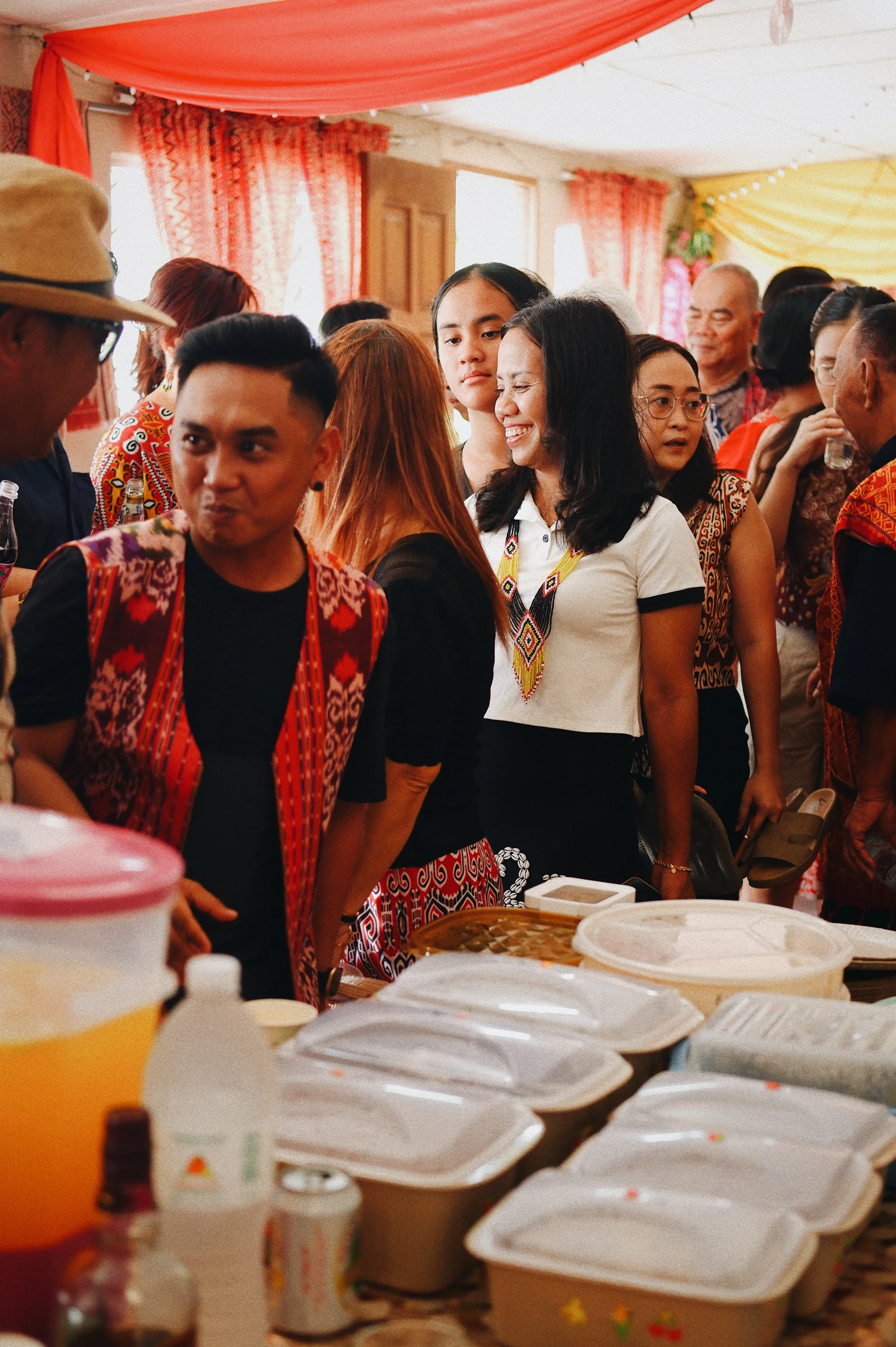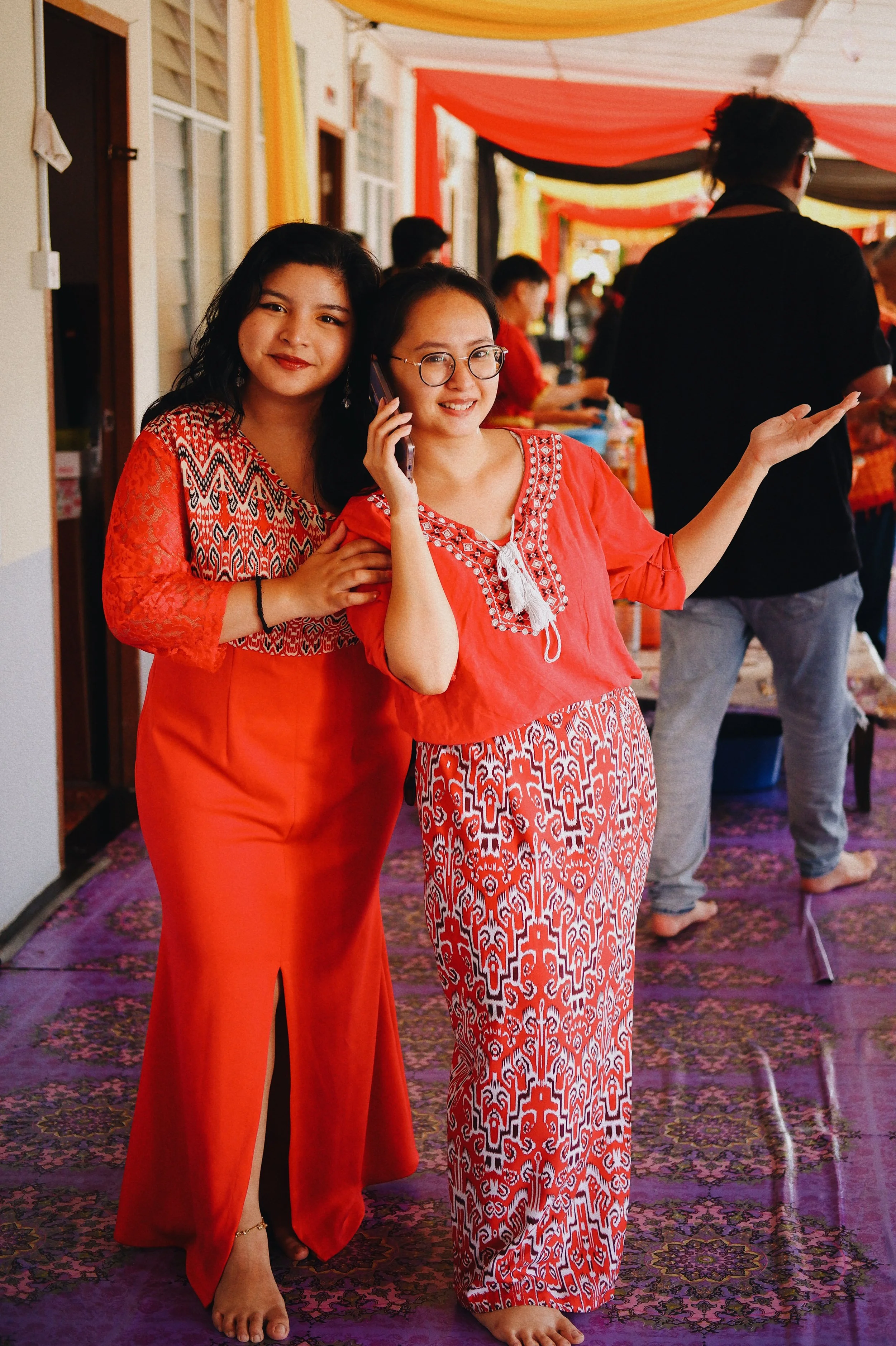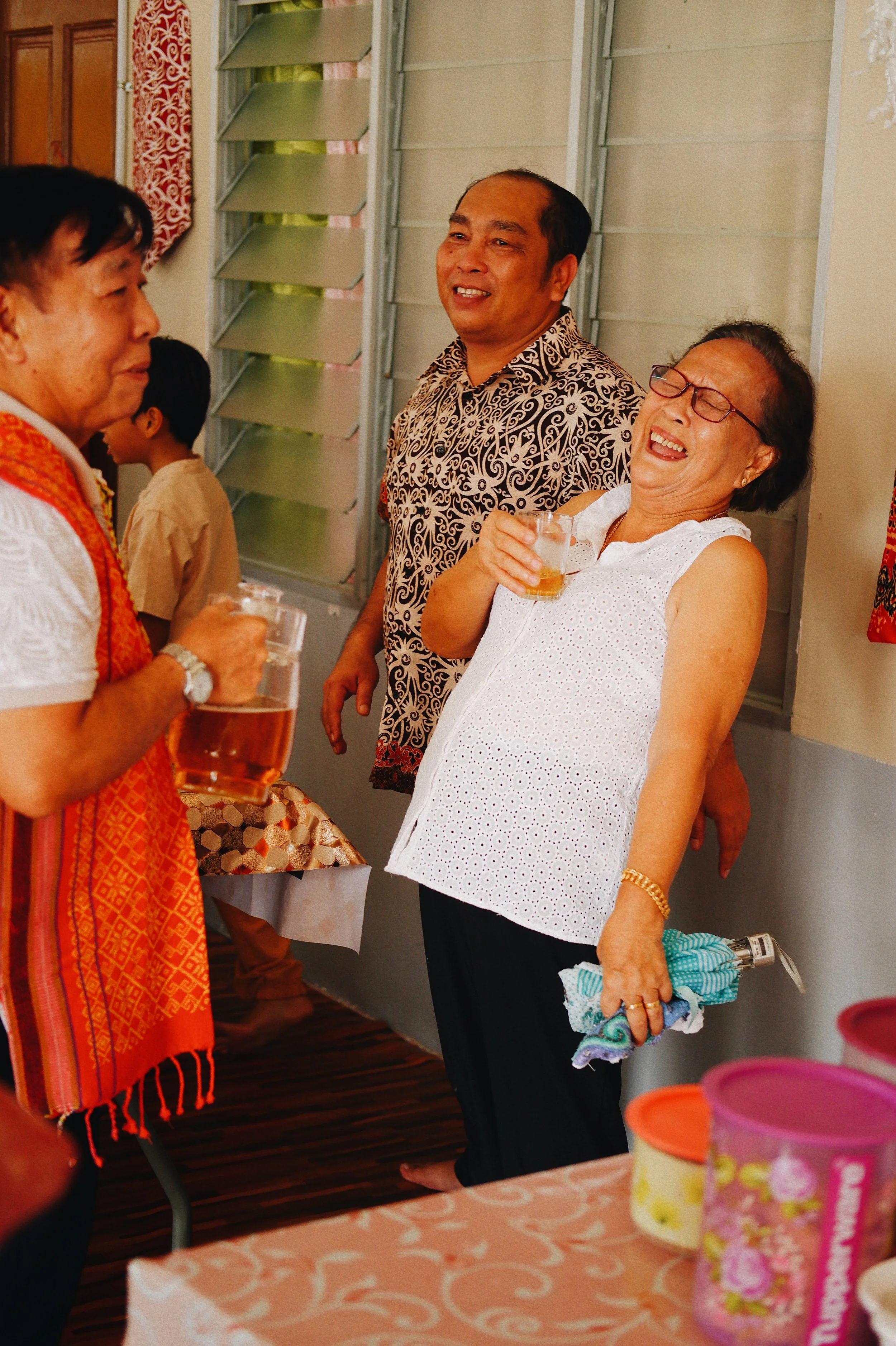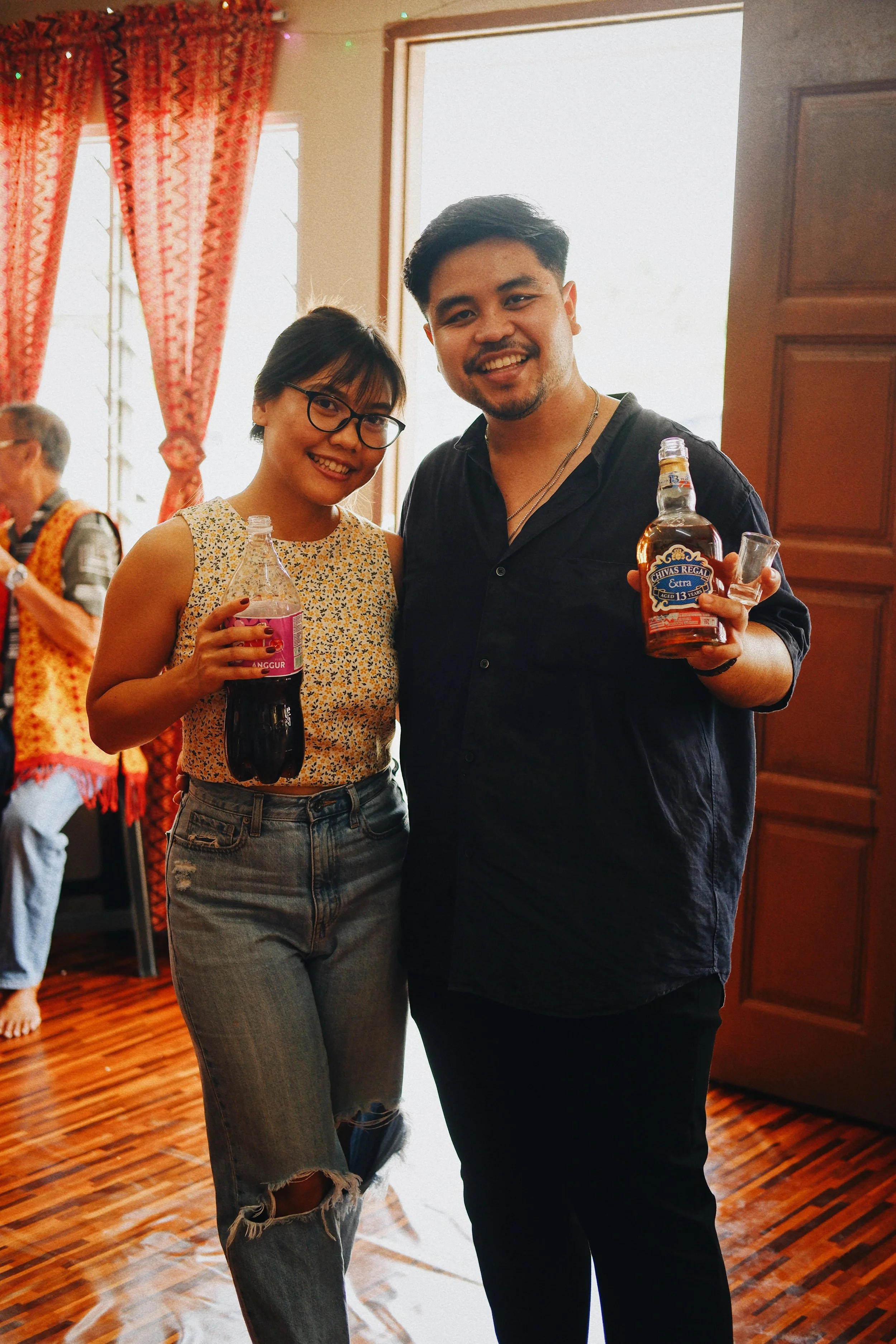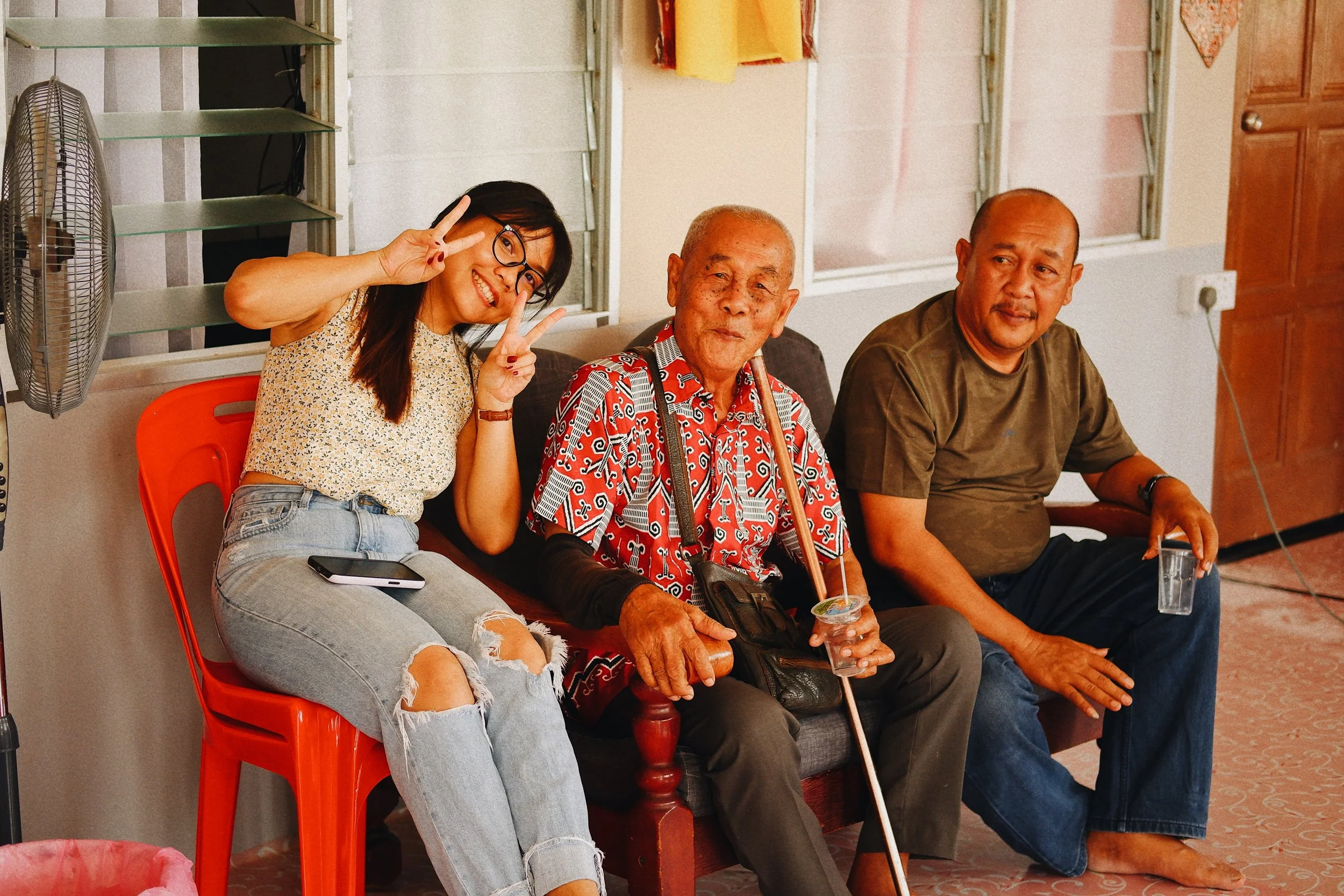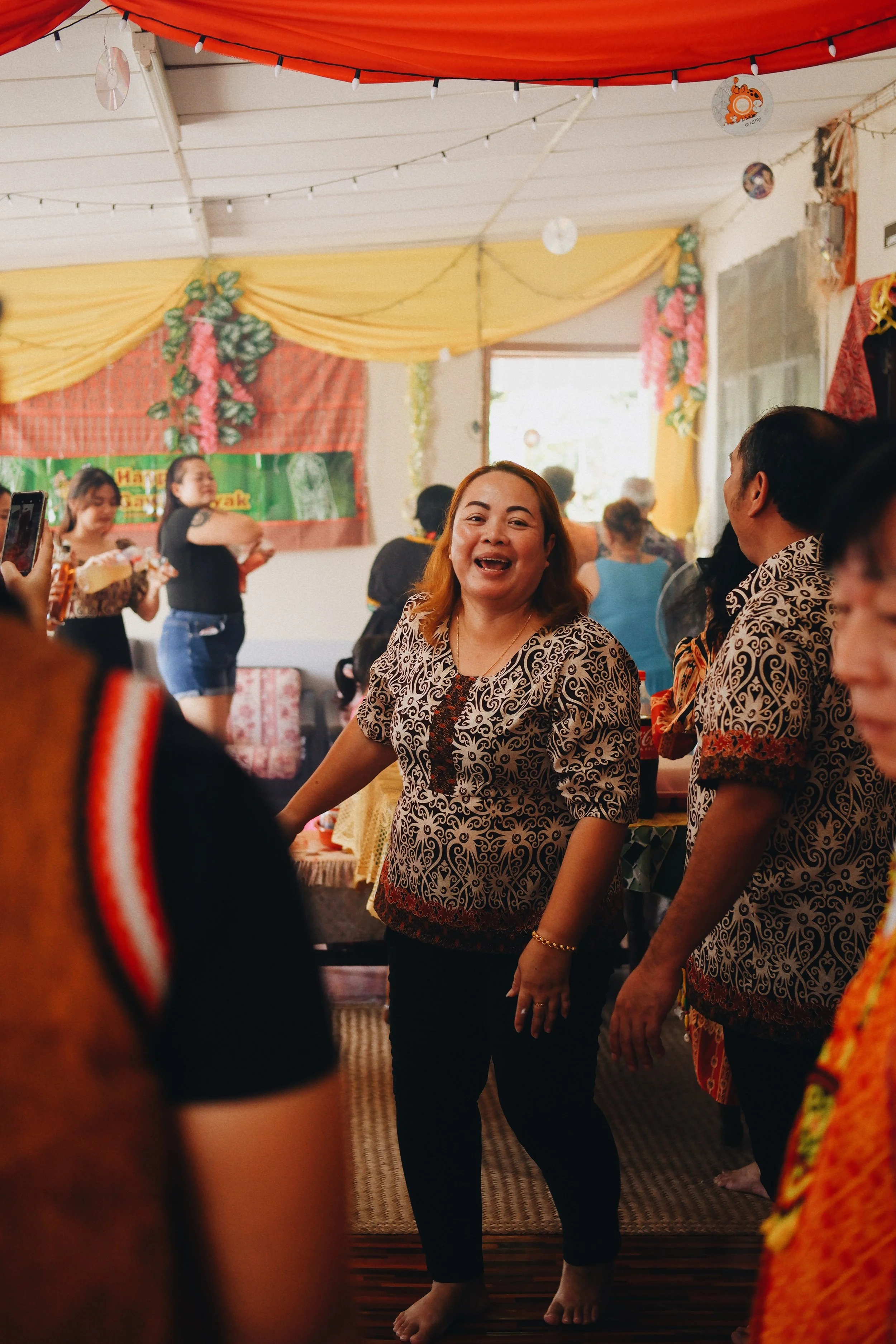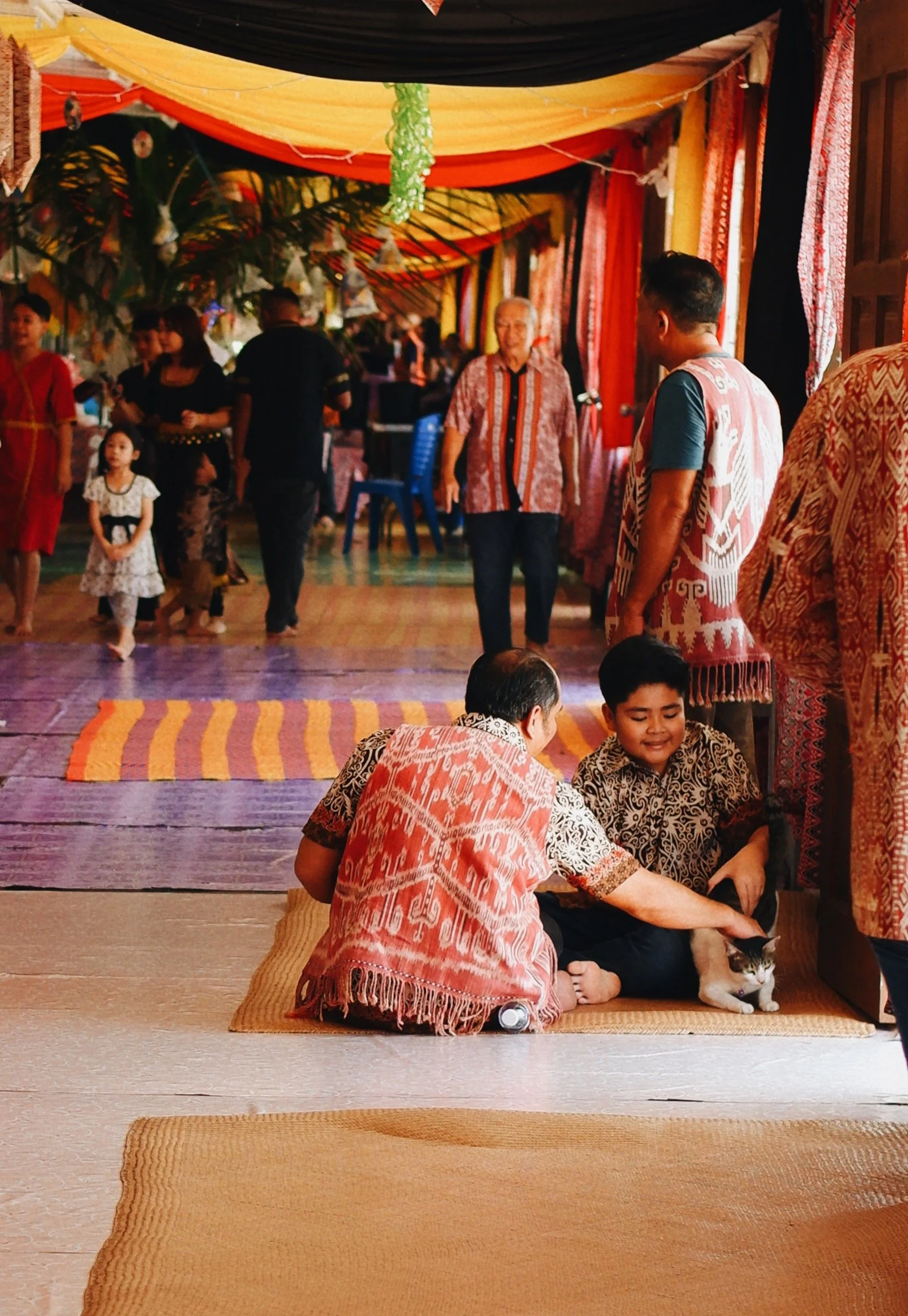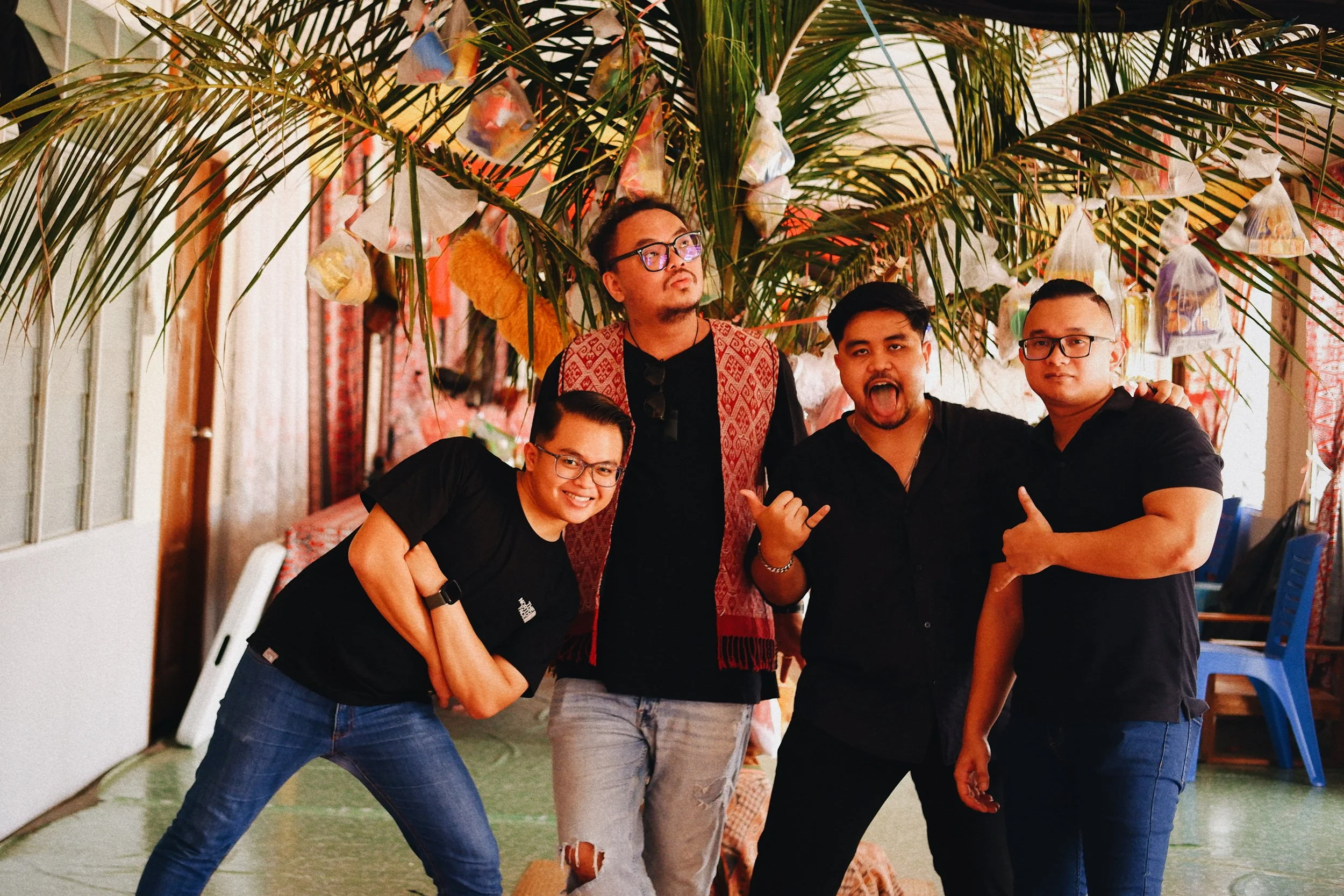Is Gawai really a drinking festival?
Adorned the Iban’s Baju Burung, at the Ruai with new found friends at the Rumah Panjai (Sri Aman 2025)
The first day of June is about five days away. We initially planned to create another video, similar to our previous one for Mukah, but our plans unfortunately changed. We scrambled, searching high and low for content to "post" about Gawai on our socials and decided to conduct mini-interviews, which we refer to as podcasts. Little did we know that one of our friends would invite us back to Gawai with him, to his longhouse in Sri Aman, his kampung (village).
Given the stories we've heard about this day in the longhouse, we expected plenty of drinking. Yes, there would be dance, music, and songs, but in the back of our minds, we anticipated endless tuak (rice wine), whiskey, vodka, and beer. We didn’t know what to expect, except the possibility of being compelled to drink until dawn.
When we arrived at the Rumah Panjai (longhouse), my first thought was that it looked like a really familiar scene. Every house was decorated with red Pua Kumbu (traditional Iban woven blanket), tiny fairy lights hung from the entrances across the Ruai (a communal space for families to gather and relax), red firecracker remnants from the night before, and plenty of food and drinks. It somewhat felt like a Chinese New Year celebration to me. Or Hari Raya. Or even Deepavali. But, all at the same time.
Families from one end of the Rumah Panjai gathered at the other end, lined up, lit fireworks, prayed, and made their way in. Elders, adults, youths, and kids, all with smiles on their faces. The colours on their Baju Burung made everything feel so surreal.
Once inside, everyone has to take a customary shot of the local tuak, and from what we’ve gathered, takes a couple of years to ferment before developing its sweet flavour.
But it doesn’t stop there. Each family member stands in a row, drink in hand, ready to pour you a shot. Laughter and chatter fill the air, and with every warm welcome, the feeling of being an outsider fades. We were embraced not just as friends or relatives - but as family.
Sadong as you walk unto the Ruai.
I think we’re all missing the point here.
Sure, tuak will always be present at any Gawai celebration. And sure, there will be another typical lagu joget (catchy dancing song).
But I think we overlooked the simplest things.
The smiles.
The laughter.
The connections.
The merry-making.
And the conversations.
And there was even a moment when an aunty came up to me and said,
“Boy, joget lah. Seronok, nampak happy happy.”
(Boy, keep dancing. It’s fun, you look so happy)
Gayu guru gerai nyamai. Lantang senang nguan menoa.
So, is Gawai really a drinking festival? Yes, if you’ve only experienced it on the surface.
But if you ask the team and myself, the answer is absolutely not. And aunty, we’ll joget with you next year. Ooha!

